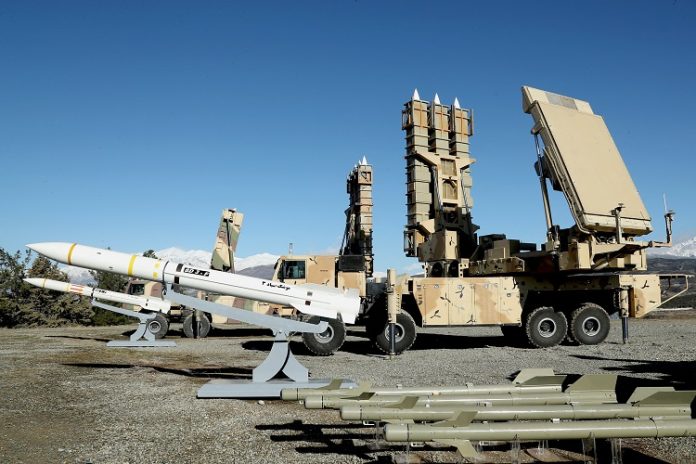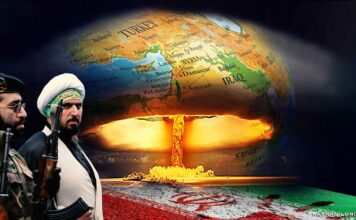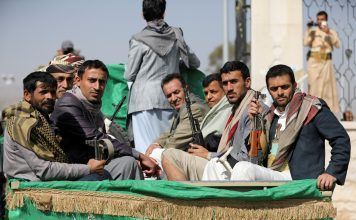
By Trevor Hunnicutt and Michelle Nichols
WASHINGTON, Sept 6 (Reuters) – Any Iranian transfer of ballistic missiles to Russia would mark a sharp escalation in the Ukraine war, the United States said on Friday, following reports that the two countries had deepened ties in recent weeks with such an arms transfer.
Reuters reported in August that Russia was expecting the imminent delivery of hundreds of Fath-360 close-range ballistic missiles from Iran and that dozens of Russian military personnel were being trained in Iran on the satellite-guided weapons for eventual use in the war in Ukraine.
Short-range missiles have now been delivered to Russia by Iran, the Wall Street Journal reported on Friday, citing an unnamed U.S. official.
“We have been warning of the deepening security partnership between Russia and Iran since the outset of Russia’s full-scale invasion of Ukraine and are alarmed by these reports,” said White House National Security Council spokesperson Sean Savett.
“Any transfer of Iranian ballistic missiles to Russia would represent a dramatic escalation in Iran’s support for Russia’s war of aggression against Ukraine.”
EXCLUSIVE: Iran to Deliver Hundreds of Ballistic Missiles to Russia Soon, Intel Sources Say
Another U.S. official told Reuters they were watching the potential Iranian-Russian missile transfers closely.
The potential moves come after the United States and partners, including in Europe, warned that such a step by Iran could meet with consequences. The Western countries have been watching Iran and Russia’s deepening ties in recent months with increasing concern.
Iran’s mission to the United Nations in New York said on Friday that Tehran’s position on the Ukraine conflict was unchanged.
“Iran considers the provision of military assistance to the parties engaged in the conflict – which leads to increased human casualties, destruction of infrastructure, and a distancing from ceasefire negotiations – to be inhumane,” it said.
“Thus, not only does Iran abstain from engaging in such actions itself, but it also calls upon other countries to cease the supply of weapons to the sides involved in the conflict,” the mission said.
(Reporting by Trevor Hunnicutt in Washington and Michelle Nichols at the United Nations; editing by Jonathan Oatis)













